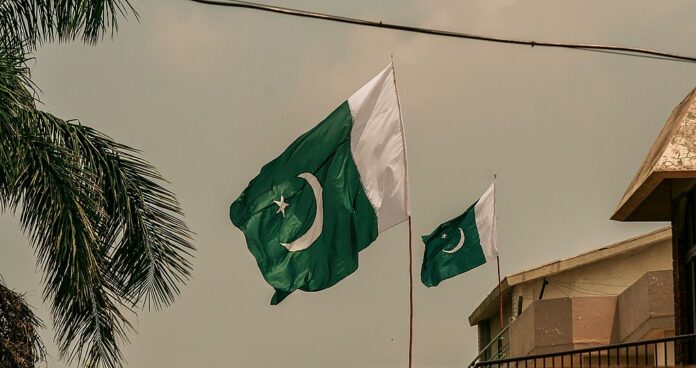Ambassador Munir Akram warns of rising attacks and reiterates Pakistan’s commitment to crack down on extremist groups
In a significant address to the United Nations Security Council (UNSC), Pakistan’s Permanent Representative Munir Akram highlighted the troubling connection between the Afghan interim government and various terrorist groups operating within its borders. During the meeting, Akram asserted that terrorists continue to enjoy support from the Taliban, exacerbating the security challenges faced by Pakistan.
“Pakistan will continue the nationwide crackdown on Fitna al-Khawarij,” Akram declared, emphasizing the need for robust action against militant organizations. His comments come amid a noticeable uptick in attacks against Pakistani security forces, with militants utilizing increasingly sophisticated weaponry.
Pakistan has consistently urged the Taliban-led Afghan government to take decisive action to prevent its territory from being used as a launchpad for cross-border attacks. The recent spate of violence has raised alarms in Islamabad, prompting calls for regional cooperation to ensure stability.
Embed from Getty ImagesAkram also expressed Pakistan’s concern regarding the humanitarian crisis unfolding in Afghanistan, reiterating the country’s willingness to support Kabul’s economic recovery. He stressed the importance of enhancing trade and economic relations while urging the international community not to overlook its objectives regarding Afghanistan.
Meanwhile, UN Secretary-General Antonio Guterres echoed these sentiments, expressing grave concerns over cross-border terrorist incursions from Afghanistan into Pakistan. He urged the Taliban to take responsibility for controlling its territory and preventing the operation of terrorist groups.
The UN chief noted the impact of these attacks on innocent civilians and Pakistan’s overall security. He remarked, “Afghanistan must ensure that its territory is not used for terrorist activities against any country.”
A recent UN report further substantiated these claims, identifying the Tehreek-e-Taliban Pakistan (TTP) as the largest terrorist group in Afghanistan, receiving increasing support from the Taliban for conducting cross-border operations. The report detailed that the TTP, with an estimated 6,000-6,500 fighters, continues to carry out significant attacks on Pakistani soil, often involving Afghan operatives.
Despite the Taliban’s assurances, the report indicated that they have been unable or unwilling to address the threat posed by the TTP, whose attacks have intensified in recent months. The close relationship between the Taliban and the TTP is evident, as the Taliban reportedly does not classify the TTP as a terrorist organization.
The situation underscores the complexities in Afghanistan following the withdrawal of international forces in August 2021, which paved the way for the Taliban’s return to power. The UN report also noted the involvement of regional al-Qaeda operatives in supporting TTP’s activities against Pakistan.
Analysis:
Political: The recent claims by Pakistan signal a critical point in regional diplomacy. The accusations against the Taliban could strain relations not only between Pakistan and Afghanistan but also with other nations involved in the peace process. Pakistan’s assertiveness at the UNSC reflects its desire to gain international support for addressing cross-border terrorism.
Social: The violence stemming from these terrorist groups deeply affects the Pakistani populace, creating fear and instability. The government’s crackdown on groups like Fitna al-Khawarij may generate mixed reactions among citizens, who seek safety but may also be wary of heavy-handed tactics.
Racial: The involvement of Afghan nationals in cross-border attacks raises complex questions regarding national identity and security in both countries. Ethnic ties and historical grievances may influence local support for various factions, complicating efforts for lasting peace.
Economic: The situation poses significant economic implications for Pakistan, which must allocate resources to counter-terrorism efforts rather than developmental projects. The potential for increased trade with Afghanistan hinges on stabilizing the region, making it crucial for Pakistan to engage in dialogue with the Taliban while addressing security concerns.
